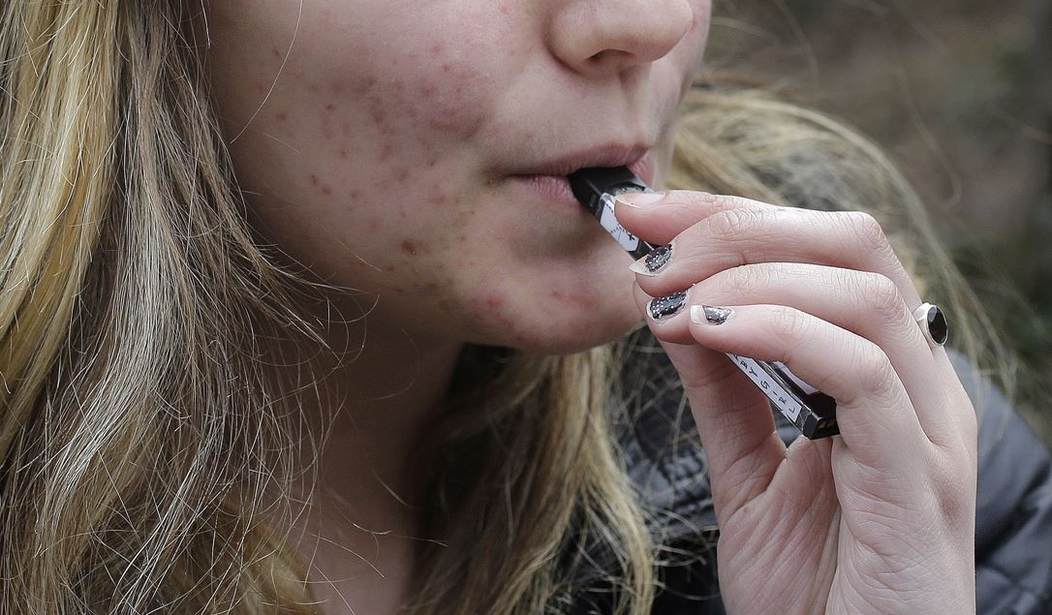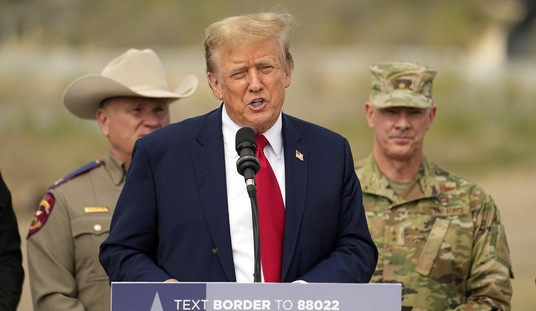Massachusetts recently became the first state to ban the sale of flavored tobacco and vaping products, including menthol cigarettes. Given the rise in teen vaping and the increasing number of lung disease cases we are seeing around the nation, including 10 confirmed cases in Massachusetts alone, it is understandable why Governor Baker and state legislators would feel the need to take action.
However, a total flavored nicotine ban will not be effective at solving the problem it was introduced to fix. Of the 10 patients that have been verified to have the acute lung disease in Massachusetts, five of the patients reported vaping only THC, four reported vaping both THC and nicotine, and there is only one person who reported vaping nicotine-only products.
Given this data, and the fact that the Center for Disease Control has officially pointed the finger at vitamin E acetate, which is found in THC related products, as the leading driver for this epidemic, it would appear that a flavor ban for nicotine products won’t actually decrease the instances of lung disease. Instead, it will likely push legal consumers of flavored nicotine products to the black market, where the lung disease issue originated.
All in all, this ban could increase the number of lung disease cases.
The new policy also highlights a hypocrisy among Massachusetts legislators, who support legalizing recreational marijuana but also want to ban nicotine products. Ironically, legal recreational marijuana actually exacerbates the lung disease issue.
While it may seem counterintuitive, what we have seen across the country in states and localities that legalized marijuana is that the legal market fuels the black market. For example, in Los Angeles, you will find that the number of illegal weed dispensaries vastly outnumber the legal locations.
Recommended
In other places, low priced cannabis encourages illegal operations to push their products across state lines. We’ve seen this in Idaho, where since its neighboring state Oregon legalized marijuana, the amount of illicit weed that police catch coming across the border into Idaho has skyrocketed.
Back in Massachusetts, we have seen that their high taxes have caused the cost of legal marijuana to increase heavily, making illicit marijuana a more attractive option. In addition, the complex licensing that businesses have to go through, particularly in Boston, has discouraged many owners from transitioning to a legal marijuana dispensary. This grey area, especially given that the substance is still illegal at the federal level, has led to the flourishing of the marijuana black market.
And all the data is pointing to the black THC market as the main driver in the lung disease cases across the nation.
So while liberal states like Massachusetts are rushing to legalize marijuana, it is hypocritical that they are also moving to ban flavored nicotine products, especially if their goal is to address the recent onset of lung disease cases. Given that this ban will only push nicotine products to the black market, and since the black market is clearly the main driver of lung disease cases, the Massachusetts ban will likely result in more cases of lung disease, not less.
Hopefully, other states will take a look at the hypocritical and ineffective policies in Massachusetts and take a more measured and scientific approach that focuses on addressing black market sales of vaping products, particularly THC laced products.





















Join the conversation as a VIP Member